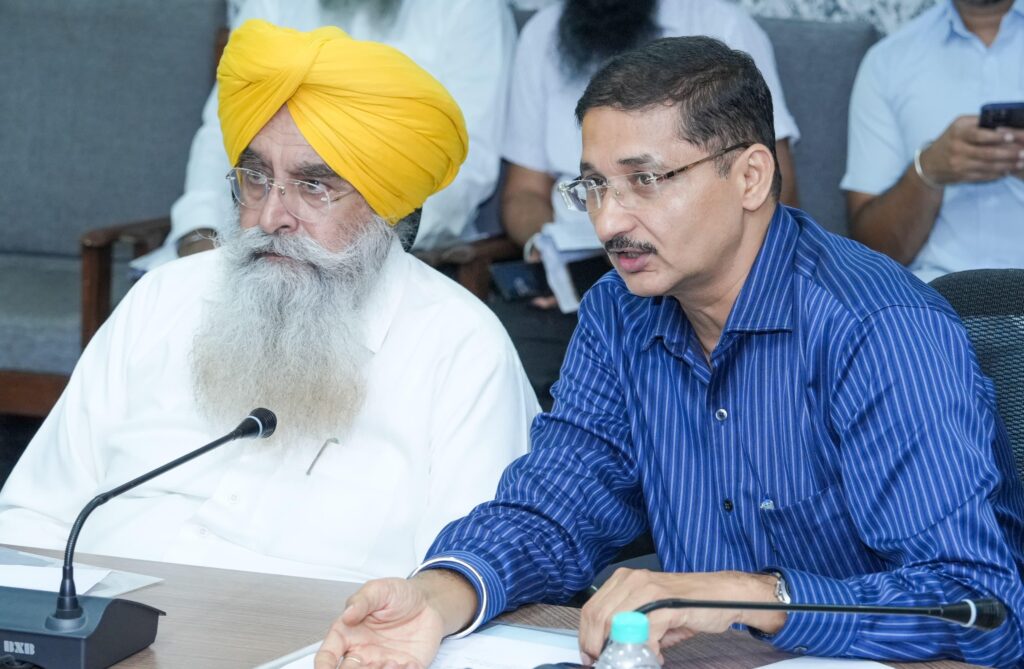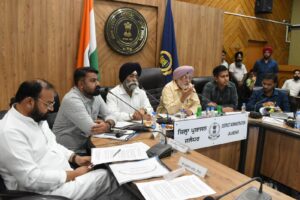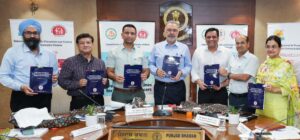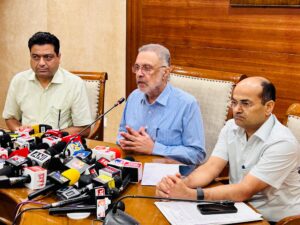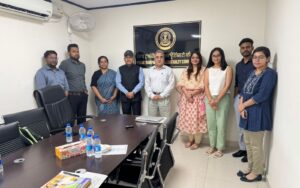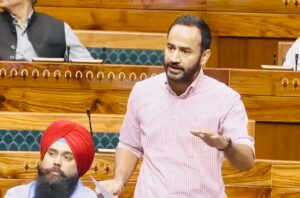The Fact News Service
Chandigarh, July 30
In a significant development to boost the dairy farming sector, Punjab Animal Husbandry department has made significant strides by conducting 22.26 lakh Artificial Inseminations (AIs) in FY 2024-25, supported by the production of 18.50 lakh semen straws (6.47 lakh for cows and 12.03 lakh for buffaloes), said Gurmeet Singh Khudian, Minister of Animal Husbandry, Dairy Development and Fisheries, Punjab.
While addressing a seminar on “An Innovative Approach to Animal Nutrition, Repeat Breeding and Disease Control” here at Kisan Bhawan, on Wednesday, S. Gurmeet Singh Khudian stated that 3.75 lakh doses of frozen sexed semen were purchased to produce high genetic merit female calves, which will contribute to reducing the number of stray animals and lowering the financial burden on farmers associated with rearing male calves. The Animal Husbandry department has also procured 3.38 lakh doses of superior-quality semen for cows to address the shortage of high-quality cow semen.
Gurmeet Singh Khudian directed the department officials to enhance animal productivity through Artificial Insemination to increase farmers income, besides, implementing timely vaccination programs to control diseases in animals.
While emphasising the Chief Minister Bhagwant Singh Mann led Punjab Government’s commitment to empower livestock farmers through improved animal husbandry practices, S. Khudian stated that the Animal Husbandry department has been working relentlessly to boost livestock productivity, reducing disease incidence and increasing farmer incomes.
Principal Secretary Animal Husbandry, Dairy Development and Fisheries, Rahul Bhandari, highlighted the significance of the event, which brought together experts from Guru Angad Dev Veterinary and Animal Sciences University, Ludhiana, and department officials to discuss innovative solutions for enhancing livestock productivity and farmer prosperity. He directed the department’s field staff to provide timely medical services to livestock, ensuring farmers don’t face hardships in treating their animals.



